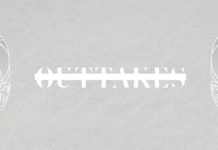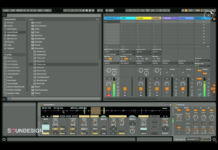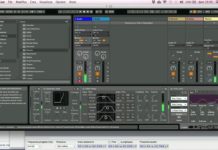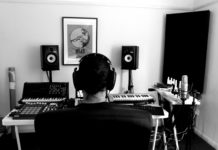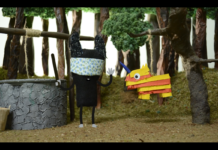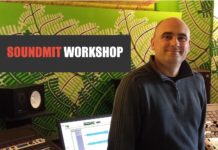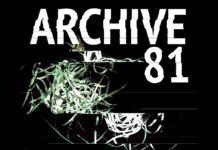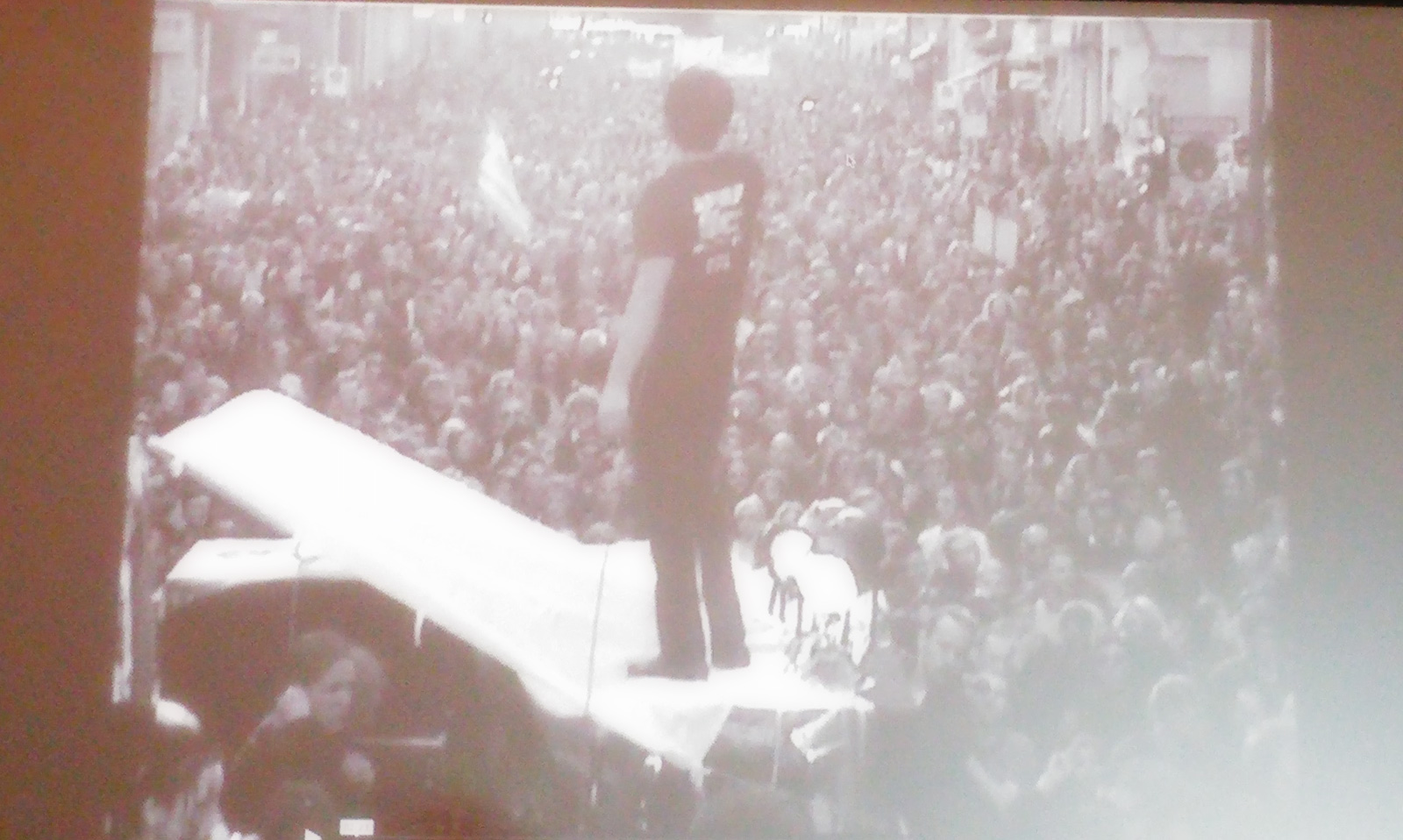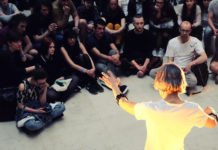This post is part of a special series dedicated to the Resonate 2016 festival in Belgrade.
The second day at Resonate festival of music, visual arts and digital culture. While we are just starting out, things are getting increasingly interesting here, and more and more people, especially foreigners, are filling the Kinoteka today. Some of the yesterday’s workshops still keep going from the early morning. Indeed, people still deal with synth and electronic sounds on the last floor of the film history building, while other geeks are in another location programming visual stuff.
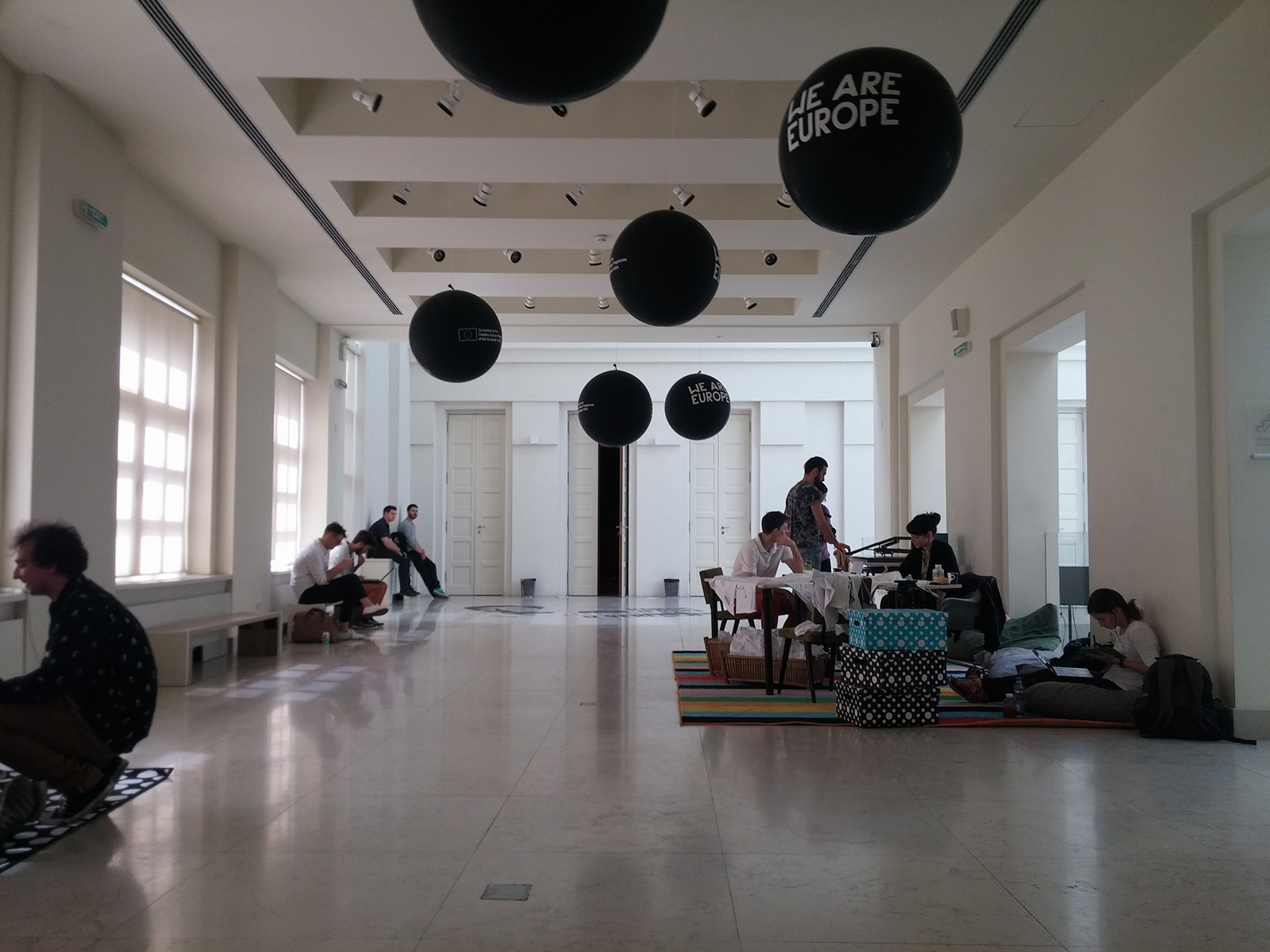
Three interesting lectures/debates took place today. We had Matthew Collin as first on stage. He’s a well-known author who wrote books like This is Serbia calling and Altered State, and who has been focusing on the use of music in relation to political and social aspects in his impressive career, also writing for BBC, The Wire, i-D ÂMagazine and The Guardian. His lecture was basically a conversation, a historical and geographical excursion on how music has been used as a weapon for social and cultural struggles, jumping from the changes of the song’s lyrics in South Africa as a subversive tool, to the Pussy Riot punk music attacks on the Red square. Also, the conversation inevitably turned on what happened in Serbia, how the Prodigy gig in ‘95 in Belgrade gave a terrific cultural change and message.
Matthew also mentioned how rap culture has been malleable and used for social struggles as well, like in the case of Public Enemy. On the other hand, he gave us some example on how music can still be used in the wrong way, and I mean in a really wrong way. That’s the case of the provoslavian militant rappers or the Chinese communist regime. Music can carry a powerful message which often is not even in the author’s intentions, or at least they are not always aware of that, and if in the right context, can be a very subversive weapon indeed, bringing regimes to music censorship.
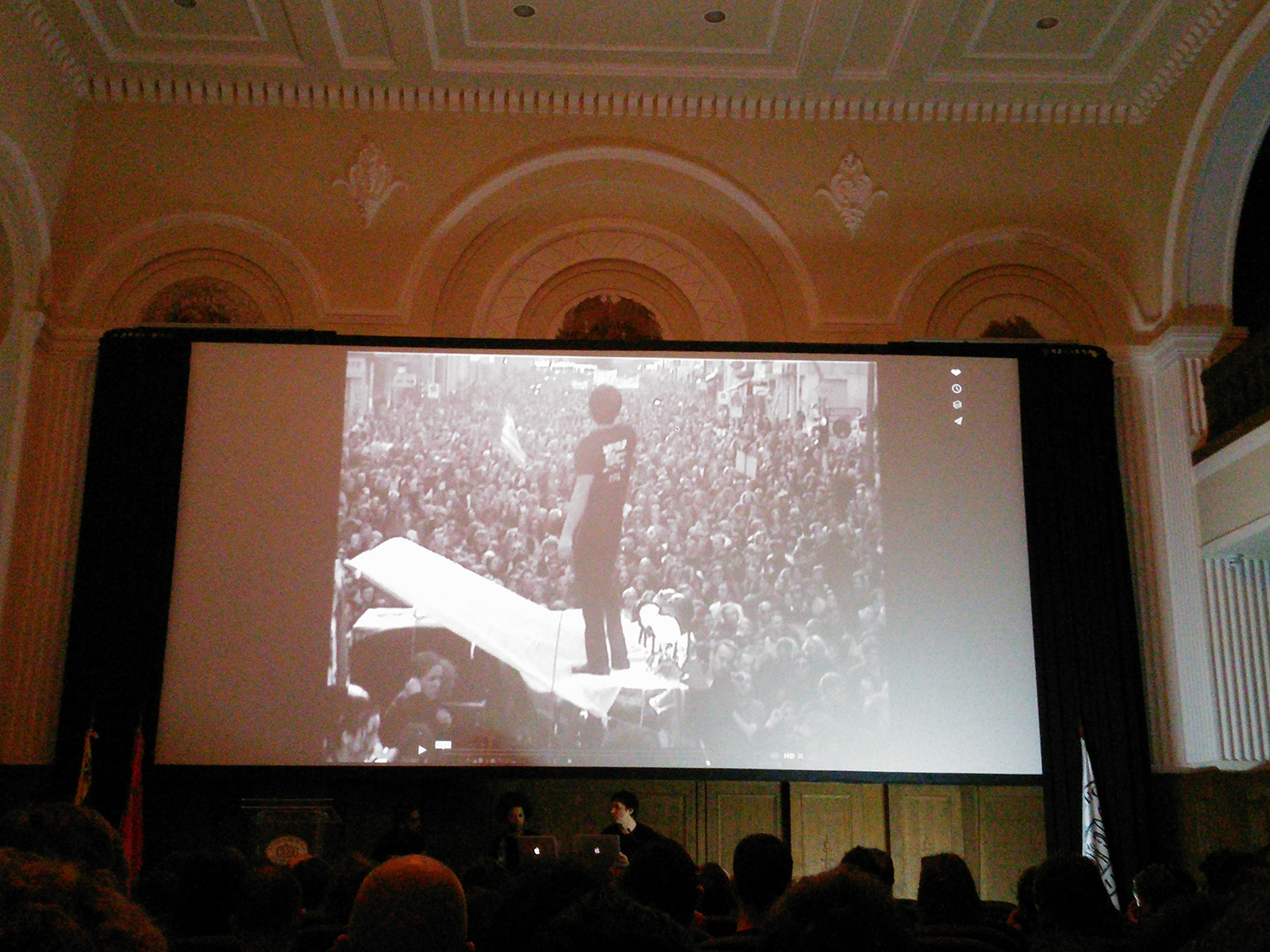
Right after, Atari Teenage Riot’s leader Alec Empire took the stage. Inevitably the discussion followed the previous lecture flow. Somehow it has been more of a conversation really about his experience during his career and showing some blasting live footage of gigs and fights on the street. He talked about the controversy and how an artist should keep reinventing themselves in terms of finding new ways of making revolutionary things. He chatted about how he started out back in early 90’ in Berlin and the weirdly bad reactions from the crowd during their shows, with Atari, along the years.
Alec also gave us his opinion about the current wrong use of technologies and the Internet in music, and how artists started to being considered more and more like slaves of the audience needs, in the pop culture, instead of carrying meaning and messages to people. Same thing for the live shows, where the audience is more and more passive and detached from the artist. Just think about how music is consumed today on platforms like Spotify and others, where listeners are not involved anymore, where they rather just passively receive whatever is given to them.
Finally, we had Daniel Miller on stage, founder of Mute records and an important pioneer of independent label culture’s history. More like a friendly chat than an actual lecture, he brought us back from the beginning of Mute, to signing bands like Depeche Mode, and again to the current state of the underground music industry in the UK and abroad. His success is due to the ability to create a label that actually worked following instincts and what felt right rather than taking inspiration from the major labels and mainstream industry. Threading artists the right way, with respect.
- When you are back home: final thoughts on Resonate 16 - April 20, 2016
- 5th day at Resonate 16 with Artists and Engineers, Nicholas Felton and Memo Akten - April 17, 2016
- 4th day at Resonate 16 with Squarepusher, Atau Tanaka and Darsha Hewitt - April 16, 2016





